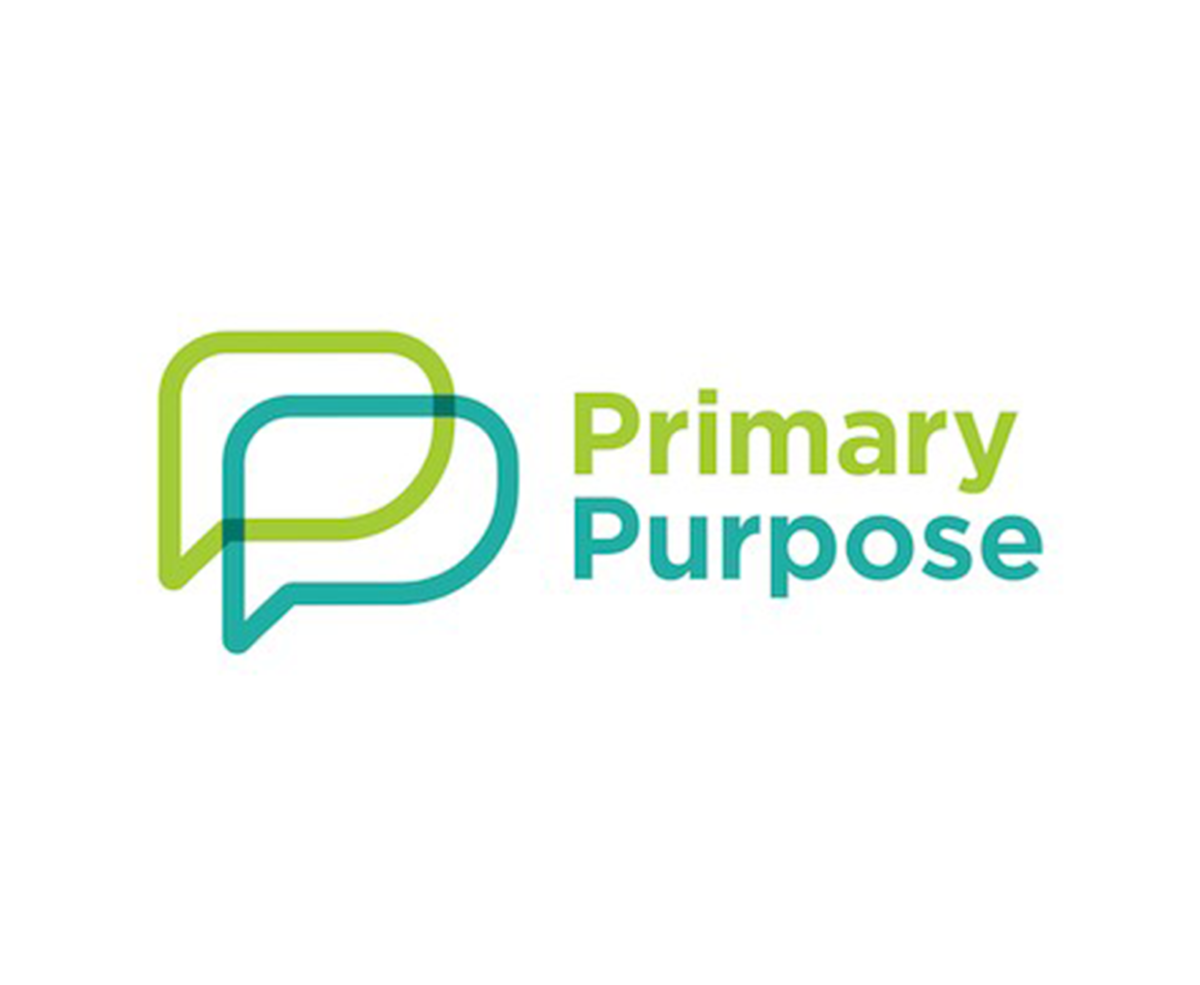We have a dichotomy in New Zealand agriculture at present. On the one hand we have favourable economic conditions with good prices for most of our products, a very favourable exchange rate and record low interest rates. And yet despite this, farmer confidence is flat, reflecting increasing government regulation, uncertainty in general business confidence and uncertainties in the dairy sector.
We are clearly undergoing a paradigm shift that is affecting agricultural production systems. We are being forced to face some of the externalities of farming; the need to address nutrient loss and greenhouse gas emissions. And at the same time, agricultural markets are changing with new groups of consumers willing to focus their purchase decisions on environmental and animal welfare attributes which determine food as ‘good food’ and ‘bad food’.
A step change in approach to water quality was delivered by Minister David Parker and supporting ministers as your trustees met in Wellington to complete our shortlist for 2019 scholar selection. And class 40 from the Kellogg program were also right in the thick of it with their stage two module involving meetings with NGOs on both sides of the debate and the Minister of Agriculture.
I think at heart, most farmers and growers are individuals who highly value discretion and
relatively unfettered decision making, and this is being challenged. For some of us, our economic future is also being challenged.
The conclusion of at least the Kellogg attendees was that farmers are not going to be able to change the tide; the change is now inevitable.
As farming leaders with broad and long-term perspectives, Nuffield members have a unique opportunity to help our Agri-food industries to form a positive vision and
action plan for the future. This will involve land use change, ever a feature of the New Zealand landscape. It will involve planning, monitoring and new management practices and systems. It will require our co-ops and other exporters to develop and foster new value chains.
Perhaps the opportunity is for us to ensure the requirement for regulation and change is
leveraged to support our position as food producers with products which have
unique attributes and a unique story. We know that such an approach requires assurance and that our ‘good food’ needs to be traceable.
We know intrinsically that we produce food as sustainably and naturally as anyone, yet
we can’t take our position for granted. Grain-fed beef produced in feedlots is being dubbed ‘bad’ by millennial consumers yet the impossible burger with circa 20 ingredients including GMO is ‘good’. Let’s ensure that our position stands scrutiny and we can achieve win-win outcomes.
There is a section in this ENUFF about the Nuffield 2020 triennial – an important event in your 2020 calendar. Thanks are extended to Michael Taylor and his committee for their excellent work.
Your trustees were pleased to consider 20 applicants for the 2020 Nuffield Scholarships which we have shortlisted to 10 interviewees. We have six women, four men, a dominance of farmer/grower applicants and good coverage across dairy, sheep and beef, viticulture and horticulture.
The next time we write will be to inform you of the successful applicants.


























